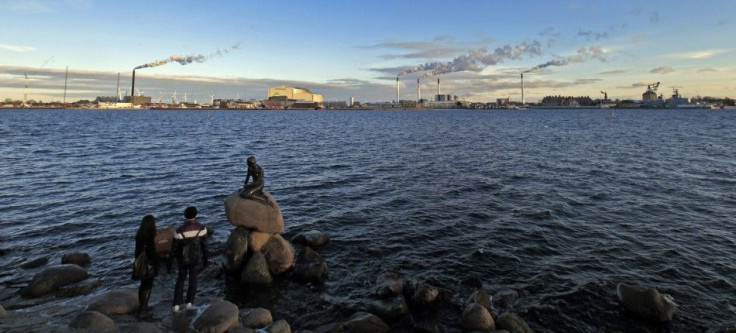European Union Aims to Double Online Commerce by 2015

European Union competition ministers supported plans on Friday to remove barriers to electronic trade in a bid to spur economic growth and jobs by expanding the single market to the digital world, officials said.
The European Commission has proposed a dozen initiatives to remove barriers and create a well-functioning digital single market, and the ministers gathered in the Danish capital of Copenhagen responded positively to those plans, officials said.
Denmark's Minister for Business and Growth, Ole Sohn, said his EU counterparts supported an objective of doubling online sales and the share of the Internet-based economy in the EU's gross domestic product by 2015.
That will give more growth in the EU and better competitiveness, Sohn told Reuters. In a time of economic crisis, it is necessary to get growth back on track.
The ministers also backed initiatives to boost electronic procurement, to make it easier for firms to send electronic invoices and to make it safer for consumers to do business online, Sohn said.
Such measures would help cut the administration burden on companies and enable them to focus on developing their business instead, said Sohn, who chaired the meeting as Denmark holds the rotating presidency of the EU for the first six months of 2012.
There is a common interest among all EU countries to push this agenda forward, and the Danish presidency will push forward the concrete proposals of the commission, Sohn said.
Twenty years after the creation of the European single market, the Internet economy remains small, accounting for no more than 3 percent of European GDP in 2010, but online commerce is growing fast, the commission has said.
The digital single market is far from reaching its potential, and failure to complete that market is estimated to cost at least 4.1 percent of GDP between now and 2020, the commission has told the European parliament.
It's a huge amount of money, Sohn said of the potential for boosting the European economy.
(Reporting by John Acher)
© Copyright Thomson Reuters 2024. All rights reserved.











